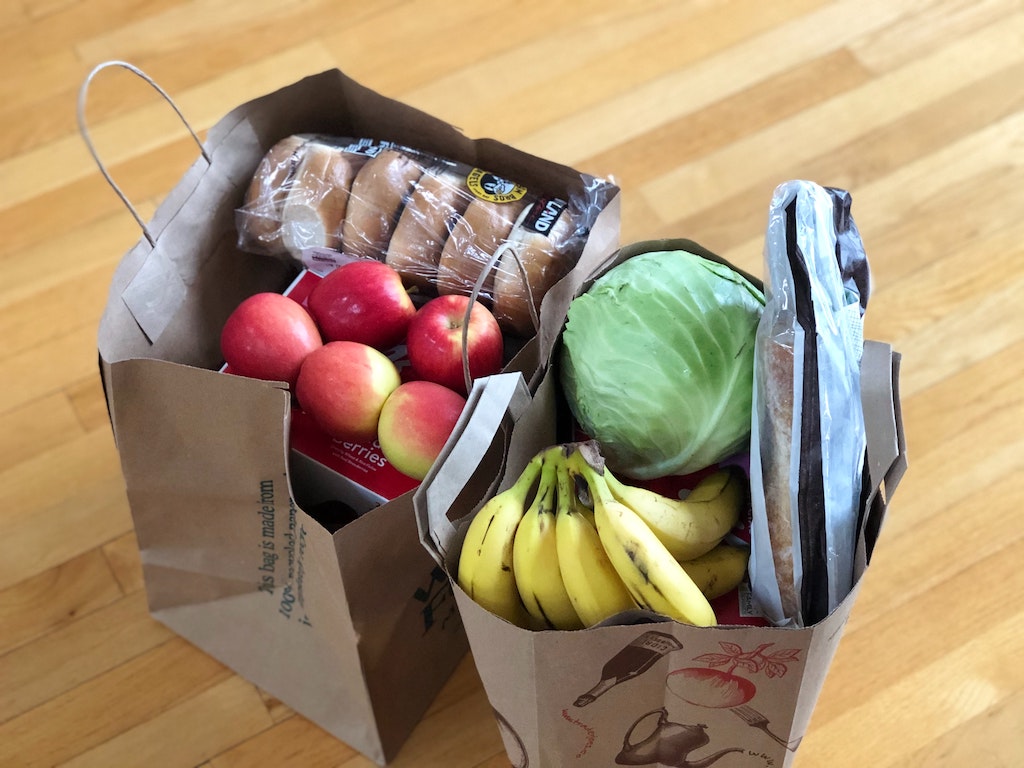3 Mins Read
New market research conducted by San Francisco-based F&B consultancy firm Mattson has revealed what consumers are thinking about plant-based foods amidst the coronavirus pandemic at a recent virtual education conference called SHIFT20. Here are some of the most interesting findings to emerge from the survey of U.S. consumers conducted in June, covering everything from what is driving shoppers to choose plant-based foods to whether they believe the vegan trend will be here to stay.
1. Health is the top reason for choosing plant-based foods
Nearly two thirds (65%) of consumers said that the associated overall health benefits were the reason why they are choosing plant-based foods. The demographic that chose health benefits as their main reason the most were older respondents.
2. Almost half of shoppers choose plant-based for environmental reasons
But following closely behind health reasons is sustainability. Almost half (48%) cited “better for the environment” as their key reason for choosing plant-based foods, up from the 31% back in 2018. Mattson added that this motivation is especially prevalent amongst younger consumers.
3. Vegan meat substitutes are quickly become a leading way to increase plant-based foods in their diet
When it comes to how shoppers plan to increase the share of plant-based foods in their diets, 37% say that choosing vegan meat substitutes will be their top choice. While it still stands behind adding more vegetables into diets, the latest figure represents a 10% jump within two years, indicating that plant-based meats are quickly growing in popularity.
4. Consumers feel better when they opt for meat alternatives
40% of consumers reported that when they purchase plant-based beef, poultry and pork products, they “feel better” compared to when they buy and eat animal products.
5. Cost remains a deterrent for half of the market
However, despite the uptick in plant-based meat sales in recent months, many are still held back from the trend due to cost. In the survey, 50% of respondents said that they didn’t buy plant-based meat alternatives because they were “too expensive”.
6. Over 1/3 of shoppers think plant-based dairy products taste better
38% of consumers in the poll stated that they purchase plant-based dairy products such as vegan milk, yogurt or cheese alternatives not because of health, animal welfare or sustainability reasons as one might expect, but simply because they prefer the taste of these products over their conventional dairy counterparts.
7. 1 in 5 consumers is actively reducing meat & dairy consumption right now
Although only a small percentage of the participants in the survey considered themselves vegans or vegetarians, 20% said that they are actively slashing their meat, dairy and seafood consumption. 12% also said that they consider themselves “mostly vegetarian”.
8. Beans & lentils are rated the best plant protein picks
When asked about the plant foods that are considered the top sources of protein, consumers rated beans (57%) and lentils (45%) as the best, followed by chickpeas, quinoa and soybeans.
9. The majority of consumers think that the plant-based shift will be long-term
Shoppers believe that plant-based is here to stay. Over half (58%) say that it will be a fundamental change that continues for a long time, while a quarter of consumers were even more bullish, saying that it will “continue forever”.
10. Only a tiny fraction of shoppers think that plant-based is a fad
Meanwhile, only a tiny minority of the cohort believe that plant-based diets will be a short-lived trend, with only 2% agreeing with the statement describing it as a “fad” that will be “gone quickly”.
Lead image courtesy of Unsplash.




